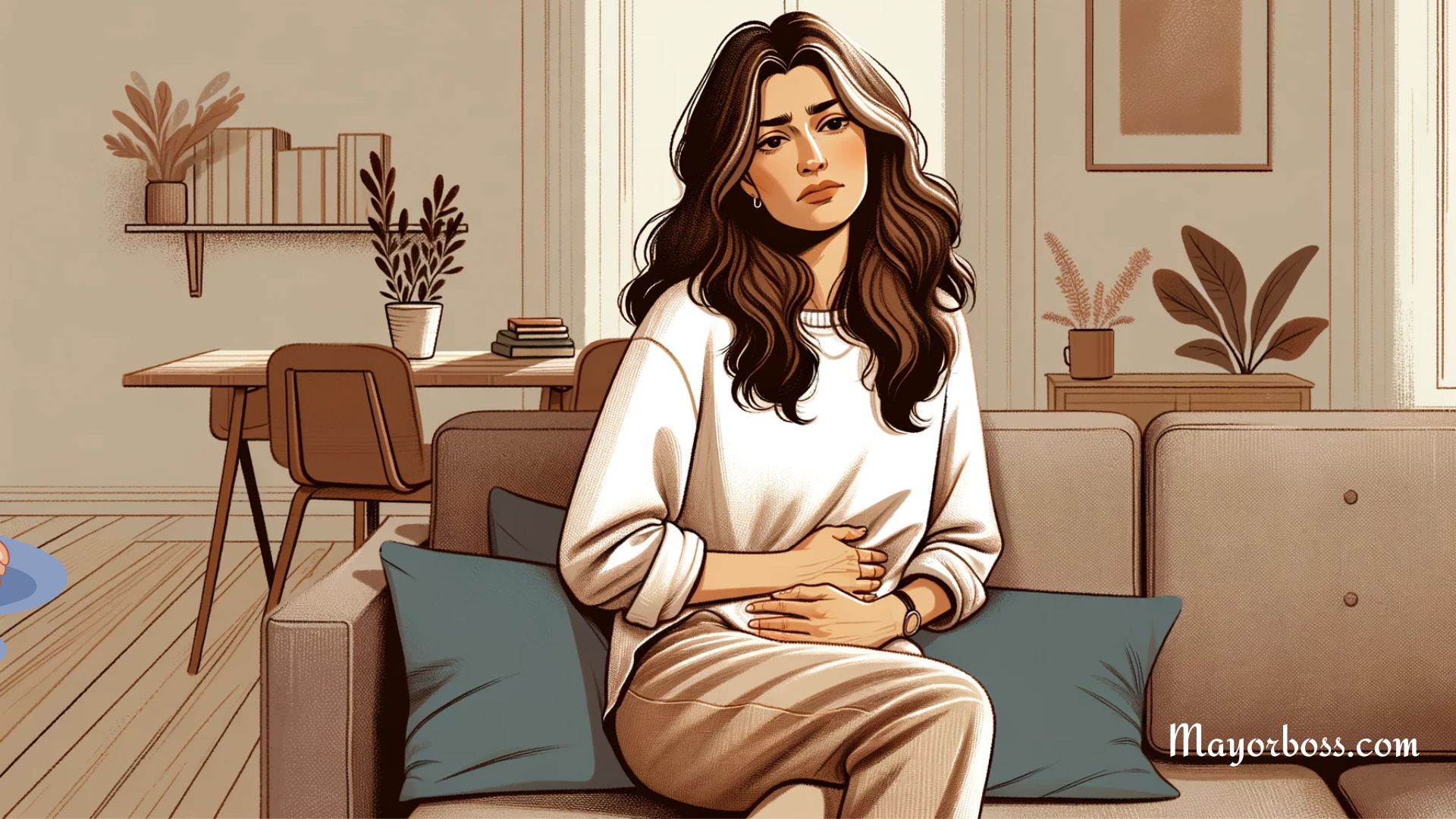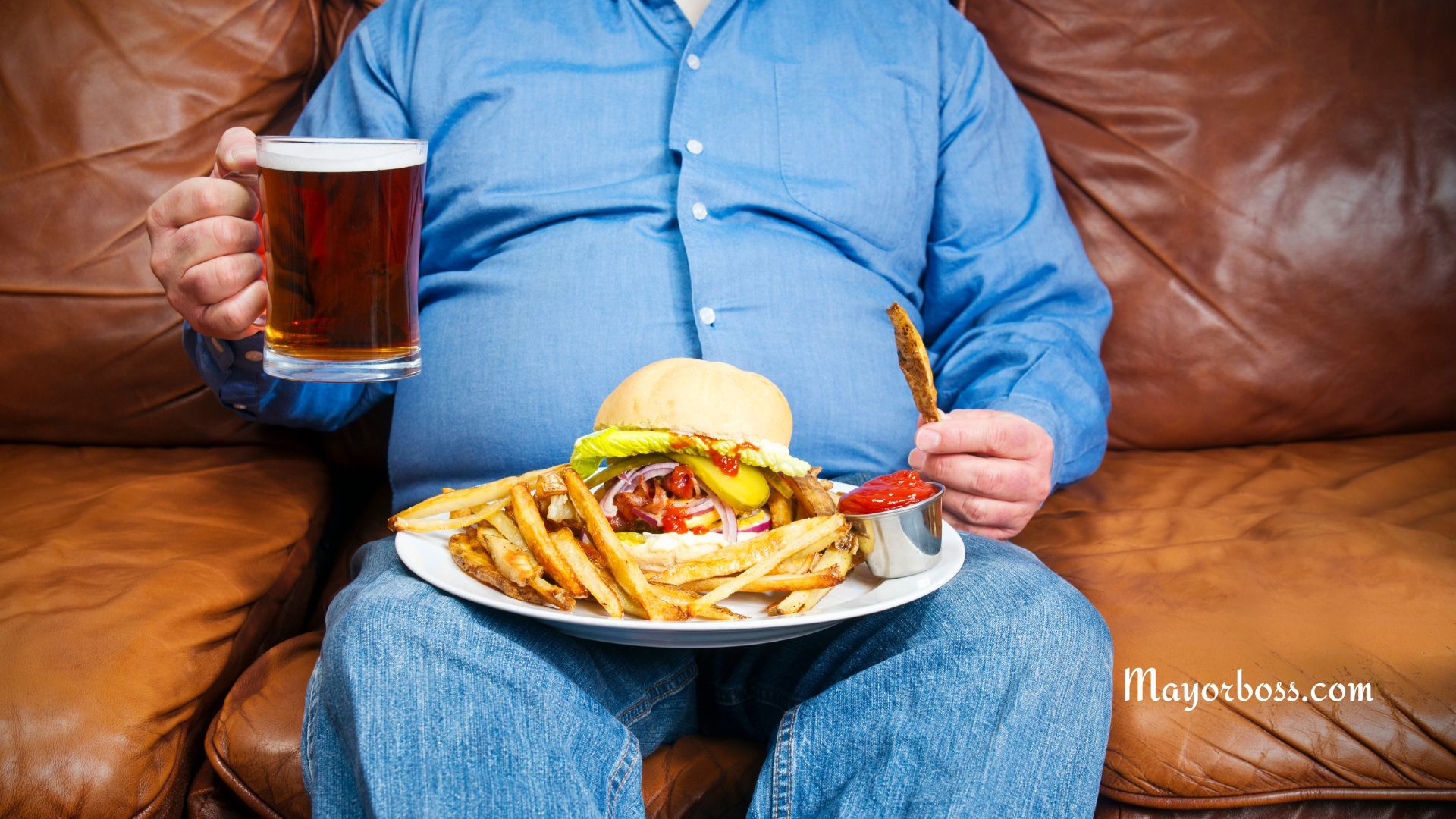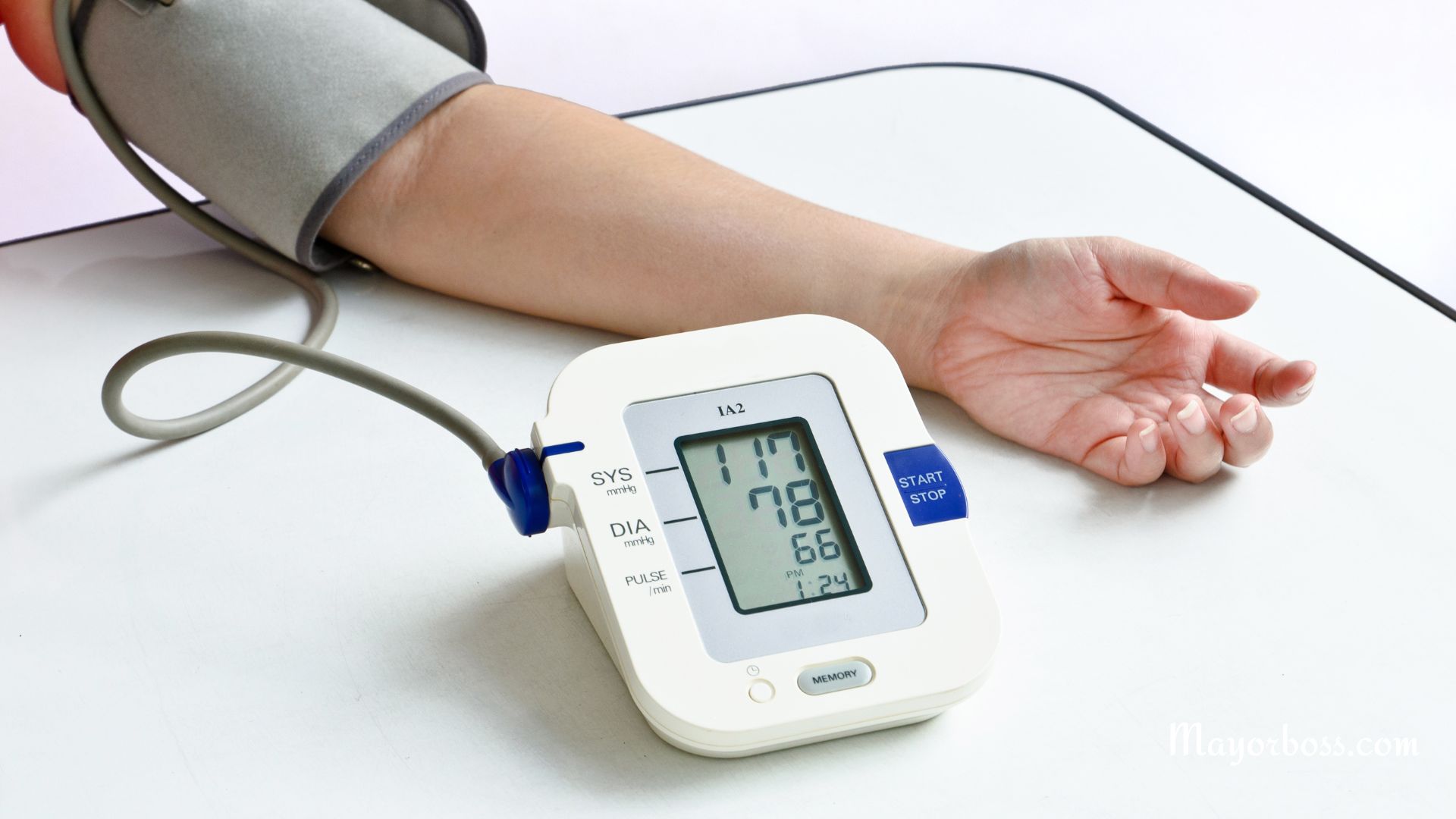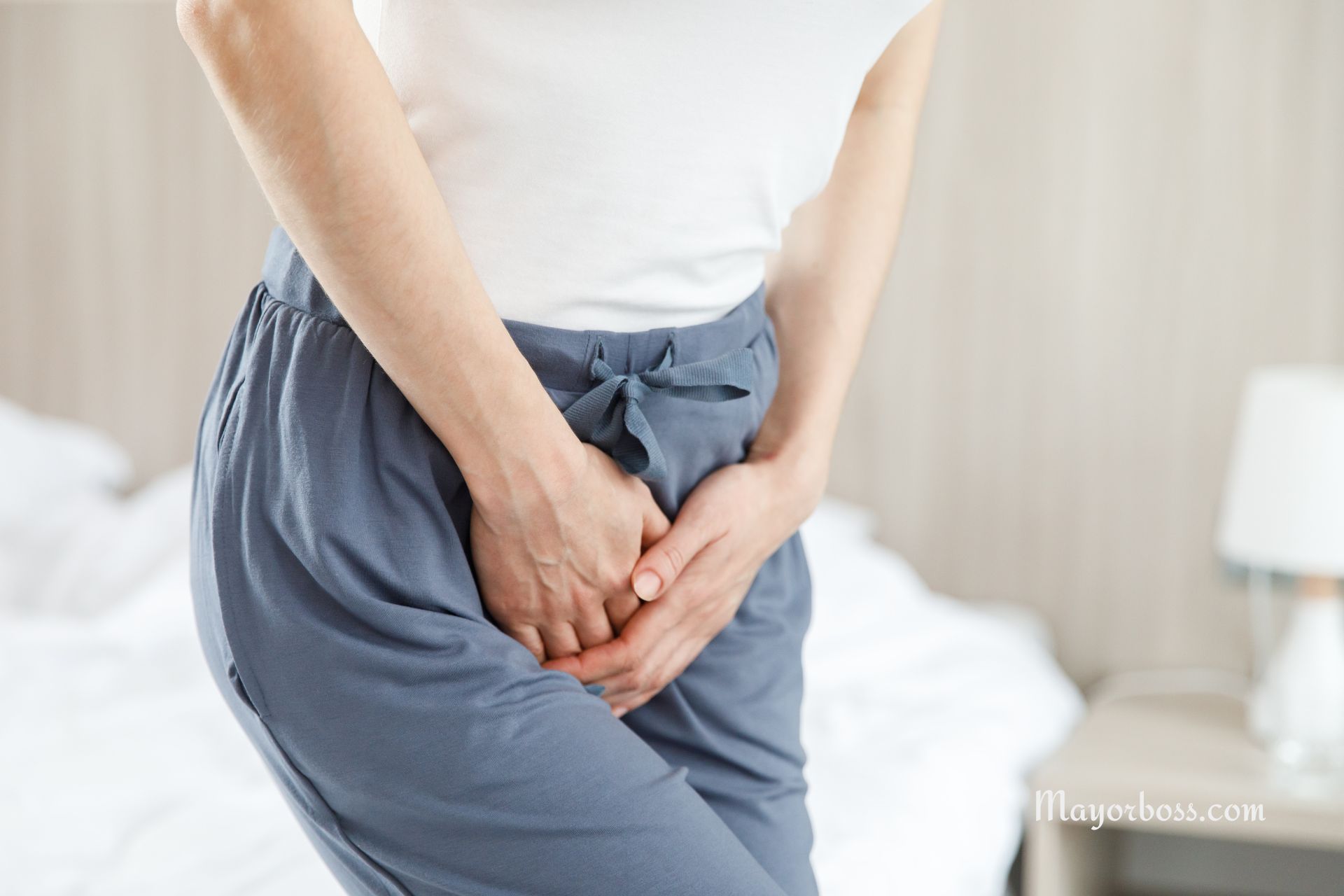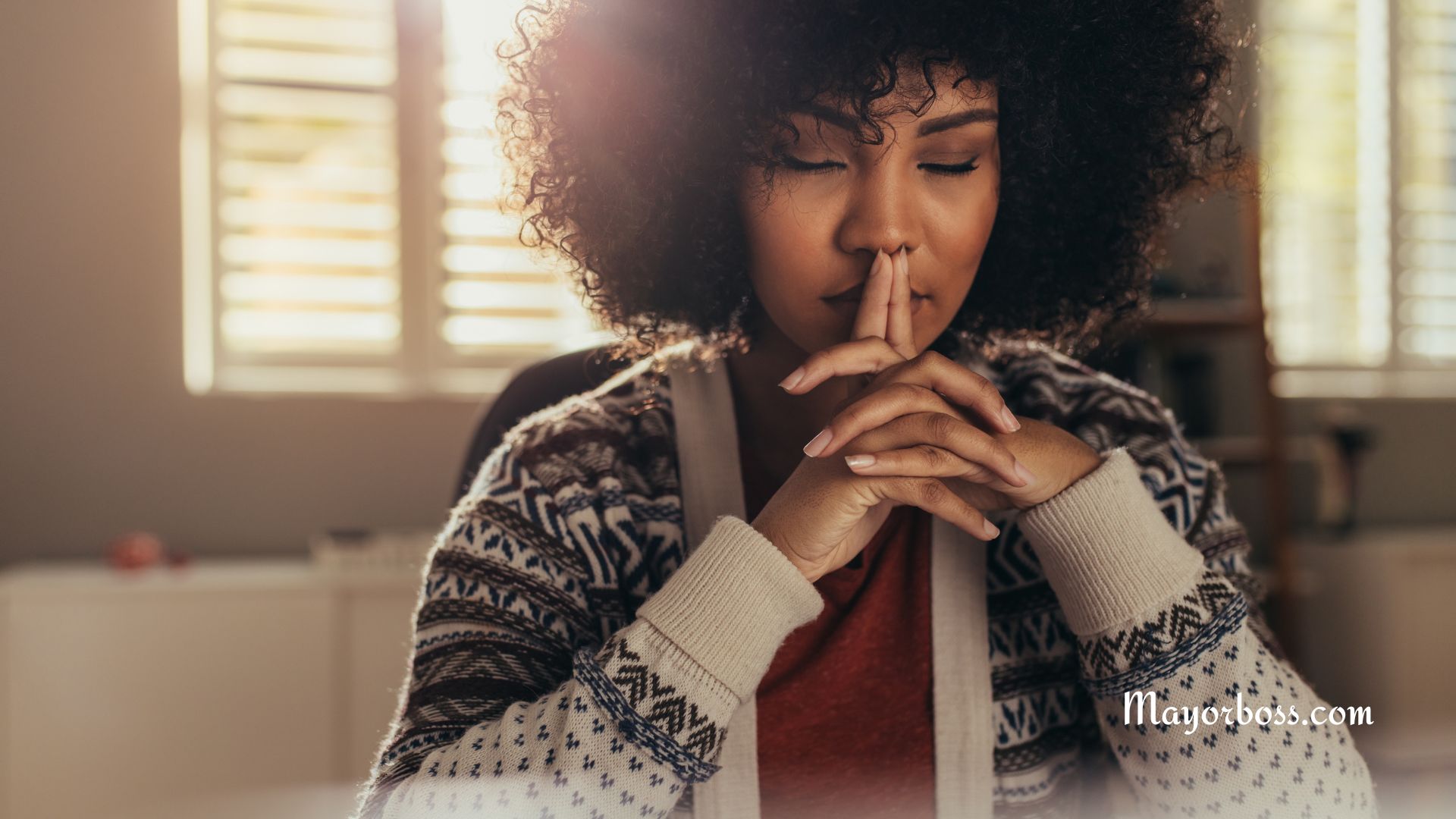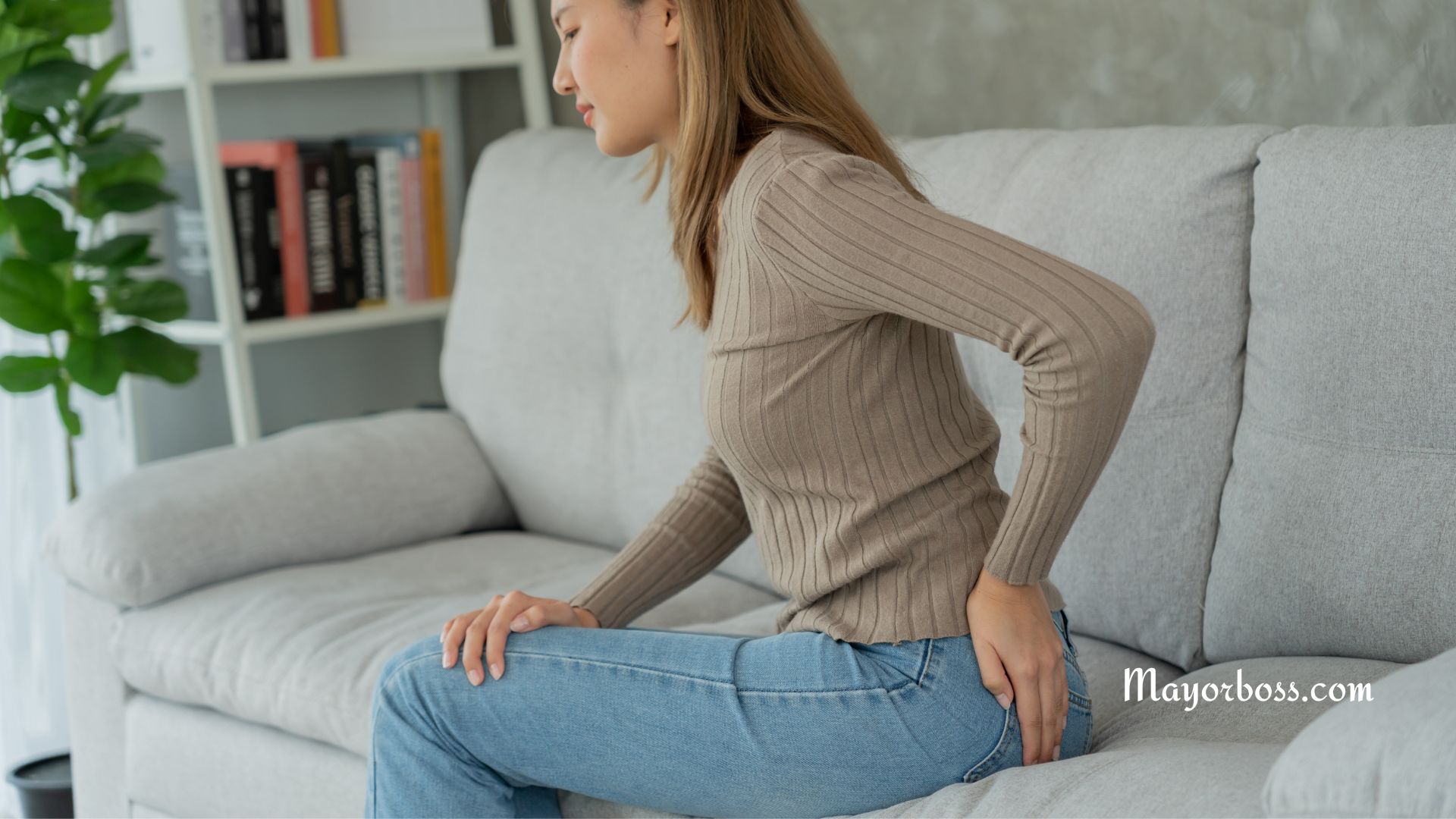What It Means When You Have An Itchy Bottom
An itchy bottom, also known as pruritus ani, is a common symptom that can have many causes, ranging from simple skin irritation to underlying medical conditions. Most cases are not serious, but persistent itching may need a doctor’s attention.
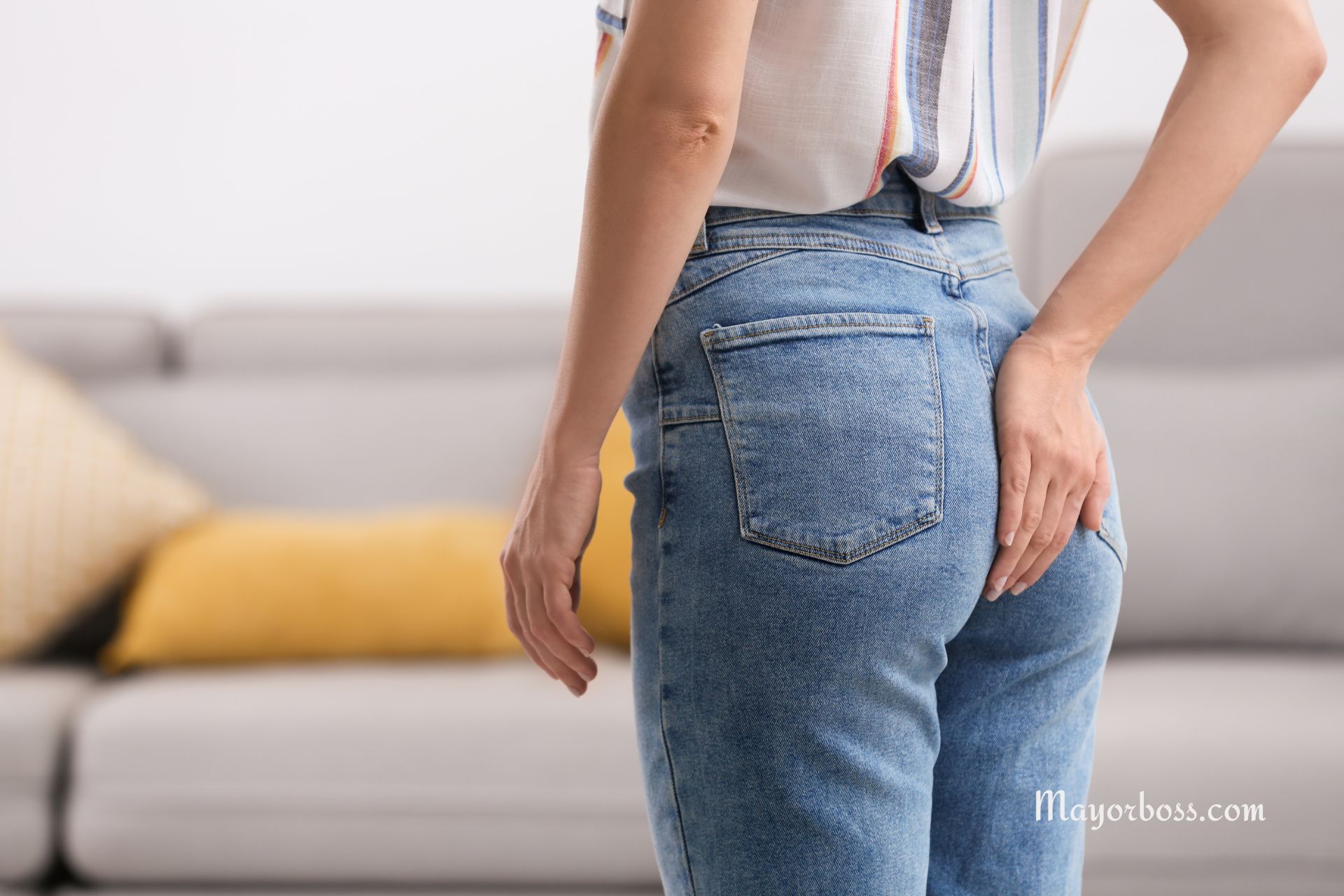
Let’s face it—having an itchy bottom can feel embarrassing. You may notice the urge to scratch, especially at night or after using the bathroom. While it’s easy to think this is just a minor annoyance, your body may be trying to tell you something important.
Common Causes of an Itchy Bottom
Several factors can lead to this symptom. Understanding the most likely reasons can help you decide if home care is enough or if you should see your doctor.
1. Skin Irritation
The skin around the anus is delicate. Every day activities can irritate it. Over-wiping after a bowel movement, using harsh soaps, or wearing tight underwear may all cause discomfort. Scented toilet paper and moist wipes are common causes as well.
2. Poor Hygiene
Not cleaning the area properly after a bowel movement can leave behind small particles of stool. Over time, this residue may lead to itching. However, excessive cleaning—especially with rough materials or strong cleansers—can also damage the skin, making the problem worse.1
3. Excess Moisture
Sweat, loose stools, or not drying off completely after bathing can create a damp environment. Moisture can break down the skin barrier and provide a place for bacteria or fungi to thrive, leading to itchiness.
4. Food Triggers
Certain foods may irritate the anus as they pass through the digestive system. Spicy foods, coffee, citrus fruits, and even dairy products are common triggers. If you notice the itch flares up after certain meals, keep track and see if you can find a pattern.
5. Small Tears (Anal Fissures)
Small tears, called anal fissures, can develop in the thin lining of the anus. These usually happen after passing hard or large stools, or from frequent diarrhea. When the skin splits, it can cause sharp pain during bowel movements. As the fissure heals, the area may become itchy and irritated. Scratching can slow healing and even make the tear worse. If you see a little blood on the toilet paper or experience pain while using the bathroom, a small fissure could be the cause.2
6. Hemorrhoids
Hemorrhoids are a frequent cause of itching, especially if they become irritated or start to bleed. Along with itching, you might see blood on toilet paper or feel small lumps near the anus.
7. Infections
Fungal infections (like yeast), bacterial infections, or even pinworms can cause an itchy bottom. Pinworms are more common in children but can affect adults as well. These infections sometimes lead to redness, swelling, or even a rash.
8. Skin Conditions
Eczema, psoriasis, and other skin conditions can show up around the anus, just like anywhere else on your body. You may notice dryness, flaking, or thickened skin along with itching.
9. Medical Conditions
Less commonly, diabetes, anxiety, inflammatory bowel disease, or other underlying health problems can cause chronic itching. If you have a history of these conditions, let your doctor know about your symptoms.
Ways to Treat an Itchy Bottom
Most cases of an itchy bottom can be managed with simple changes.
- Practice gentle hygiene. Use soft, unscented toilet paper. Clean the area with water, not harsh soap. Pat dry.
- Using creams or ointments, like hydrocortisone or antifungal treatments.
- Wear breathable underwear. Cotton is best. Avoid tight or synthetic fabrics.
- Stay dry. After bathing or sweating, dry the area carefully.
- Avoid triggers. If certain foods seem to make the problem worse, consider limiting them.
- Don’t scratch. Scratching can make the itching worse and may even cause an infection.
When to See a Doctor
If your itchy bottom does not improve with home care, or if you notice any of the following, see your doctor:
- Bleeding or pain
- Lumps or swelling
- Rash or discharge
- Itching that wakes you up at night
- Symptoms that last more than two weeks
Your doctor can perform an exam and may run tests if needed. Treatment depends on the cause and can include prescription creams, antifungals, or advice on lifestyle changes.
Prevention Tips
To prevent an itchy bottom from returning, keep these habits in mind:
- Wash gently with warm water after every bowel movement.
- Avoid perfumed or colored toilet paper and soaps.
- Change out of sweaty clothes as soon as possible.
- Use a barrier cream (like zinc oxide) if you are prone to irritation.
Frequently Asked Questions
1. Is an itchy bottom a sign of something serious?
Most often, no. However, persistent or severe itching, especially with other symptoms, should be checked by a doctor.
2. Can certain foods really cause an itchy bottom?
Yes. Spicy foods, citrus fruits, and caffeine may irritate the skin during digestion and cause itching in some people.
3. What’s the best way to clean the area?
Use plain water and soft, unscented toilet paper. Pat dry rather than rub.
4. When should I worry about hemorrhoids?
If you notice bleeding, pain, or lumps near your anus, especially if over-the-counter treatments do not help, see your doctor.
5. Can stress cause an itchy bottom?
While stress does not directly cause itching, it can worsen existing skin irritation and make you more likely to notice or scratch.

